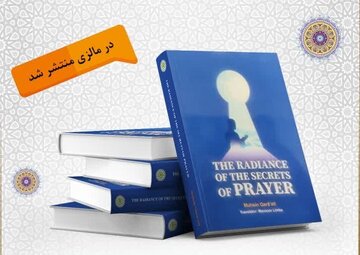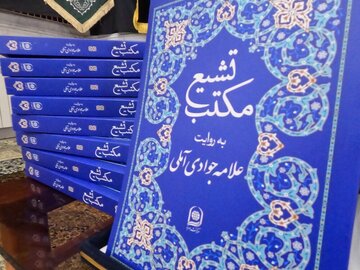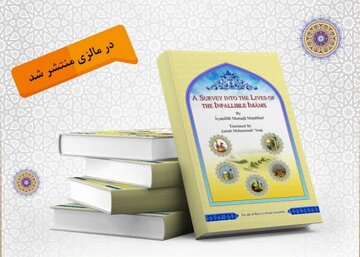(AhlulBayt News Agency) - ‘Travels Through Northern Persia: 1770-1774’ by German physician, botanist and explorer Samuel Gottlieb Gmelin provides notable information about the rituals of public mourning in Muharram and Ashura in the city of Rasht, Northern Iran during the reign of Zand Dynasty, but it also contains some wrong accounts about this event. For example, he had supposes that Muharram is the first Iranian month (indeed Farvardin is the first Iranian month).
The young German scientist and explorer embarked on a journey on behalf of the Russian Academy of Sciences. The little-read accounts of his travels and broad research in Northern Iran, first published in German in St Petersburg in the 1770s, it was later translated into English by renowned scholar Willem Floor. This work was also translated into Persian by Gholam Hossein Safdari.
In the two voyages recounted in this volume, Gmelin kept journals describing the customs, industry, political world, warfare, geography, and plant and animal life of Northern Iran, until his capture and imprisonment in the village of Parakay, the Caucasus in 1774; a misfortune that he also was able to record, and which is included here in the final volume of his travelogue.
He writes: “On the 10th day of Muharram, [Imam] Hossein the son of [Imam] Ali who fought against Yazid [the despotic Caliph] was martyred. To honor the memory of his uprising, the Shi’ite people of Rasht hold mourning ceremonies. The well-dressed people attend the mosques before noon where the accounts on the life of Ashura martyrs are recited in the form of song.”
“In all districts, the citizens cover their homes with black clothes and rally barefoot ind the city at night as they carry candles and torches in their hands. They beat chess and sing the mourning songs and then are served tea and coffee,” the book adds.
/106





